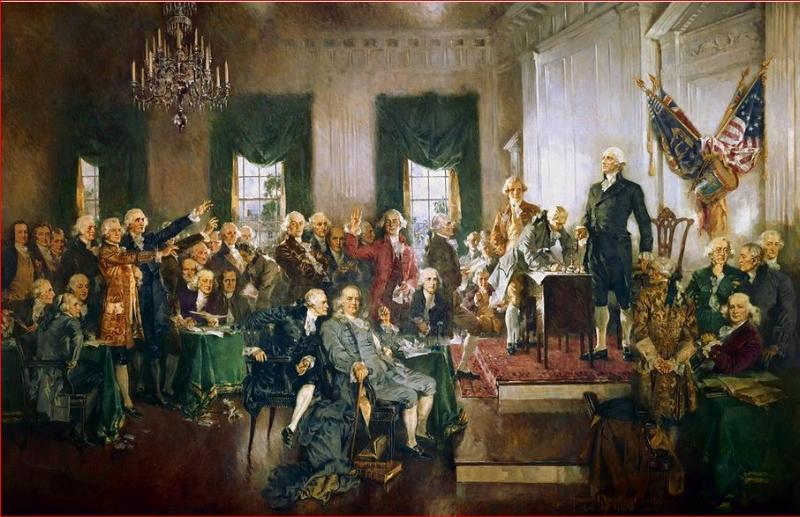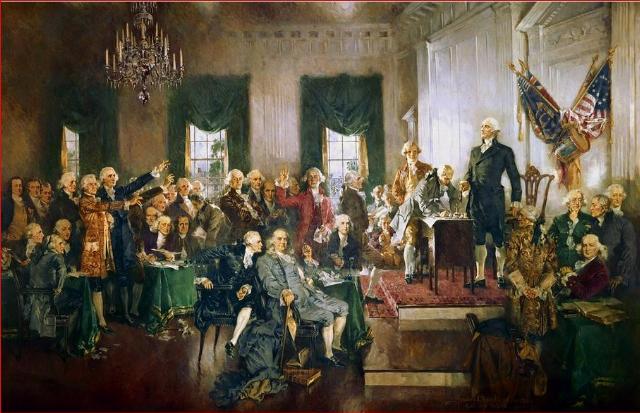


In the heat of political debate, few phrases are repeated more often than “We must save our democracy.” It’s a rallying cry, a moral imperative, and a rhetorical shield used by many political leaders, most notably Democrats, to frame their policies as guardians of American virtue. But beneath the surface of this phrase lies a troubling ambiguity. What exactly do they mean by “our democracy”? And more importantly, is this phrase a subtle signal of an ideological shift or one that could erode the very constitutional safeguards that protect liberty?
To answer these questions, we must first clarify a foundational truth: the United States is not a democracy. It is a constitutional republic. This distinction is not academic, it is the bedrock of our system of government. A democracy, in its purest form, is majority rule. If 50.1% of the population votes to confiscate the property or rights of the remaining 49.9%, the majority prevails. History has shown that such systems, unchecked by constitutional limits, often descend into chaos, instability, and eventually dictatorship.
The Founders understood this danger. They feared the tyranny of the majority as much as the tyranny of kings. That’s why they built a system of checks and balances, separation of powers, and a Bill of Rights that protects individual liberties regardless of popular sentiment. The Electoral College was designed to prevent densely populated regions from dominating national elections. The Senate was structured to give smaller states equal representation. The judiciary was insulated from political winds to uphold the Constitution, not the passions of the moment.
In short, our republic was designed to resist the very impulses that define pure democracy.
So when political leaders—especially Democrats—invoke the phrase “save our democracy,” it’s worth asking: what democracy are they referring to? Is it the representative system enshrined in the Constitution? Or is it a reimagined version of governance where majority rule overrides constitutional restraint?
Consider the policies often championed under the banner of “saving democracy”:
Each of these initiatives, taken alone, might be framed as reform. But taken together, they suggest a deeper strategy: to redefine the American system from a constitutional republic into a majoritarian democracy, one where power is centralized, opposition is marginalized, and constitutional limits are eroded.
This brings us back to the phrase “our democracy.” Words have meanings. And in politics, they often carry hidden intentions. When Democrats scream “we must save our democracy,” the word our becomes significant. It implies ownership, exclusivity, and a vision of governance that may not align with the Constitution. Is our democracy a euphemism for their agenda? Is it a rhetorical sleight of hand—a play on words that masks a path toward dictatorship?
If democracy is defined as majority rule, and if the majority can be manufactured through immigration, media influence, and institutional manipulation, then our democracy becomes a tool—not for liberty, but for control.
This is not a partisan accusation. It is a philosophical warning. The Founders did not entrust liberty to the whims of the majority. They entrusted it to a system of laws, checks, and balances that protect the individual from both tyranny and mob rule. When that system is bypassed in the name of democracy, the republic begins to crumble.
To preserve the American experiment, we must defend the Constitution, not just its text, but its spirit. We must educate citizens on the difference between democracy and a republic. We must challenge political rhetoric that distorts foundational principles. And we must ask hard questions about the language used by those in power.
Because when leaders say “our democracy,” they may not be referring to the republic we inherited. They may be referring to the system they hope to create, a system where majority rule is absolute, opposition is silenced, and the Constitution is a relic of the past.
Let us not be fooled by slogans. Let us think critically, speak clearly, and defend the republic with reason, courage, and conviction.

Image: Free image, Pixabay license.
